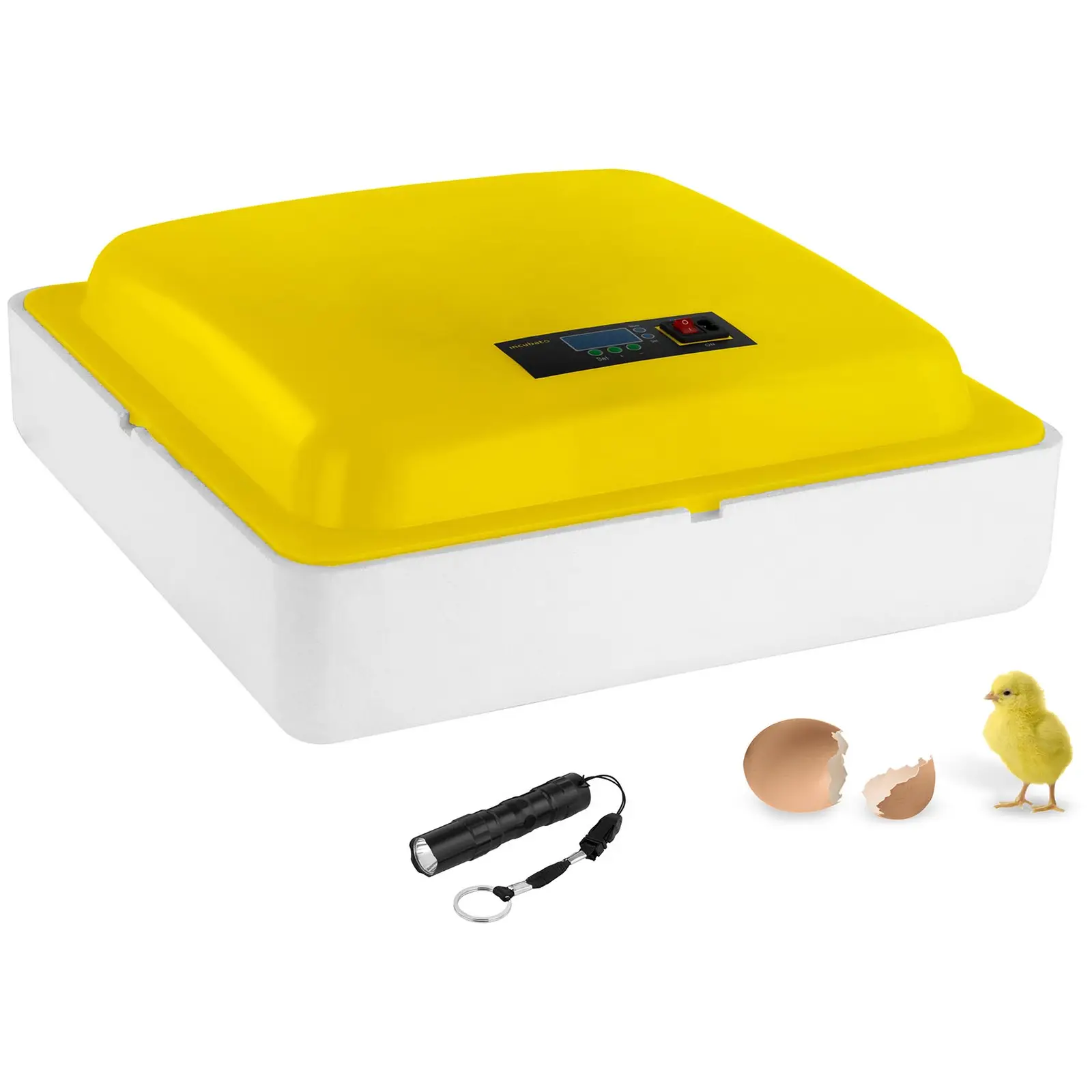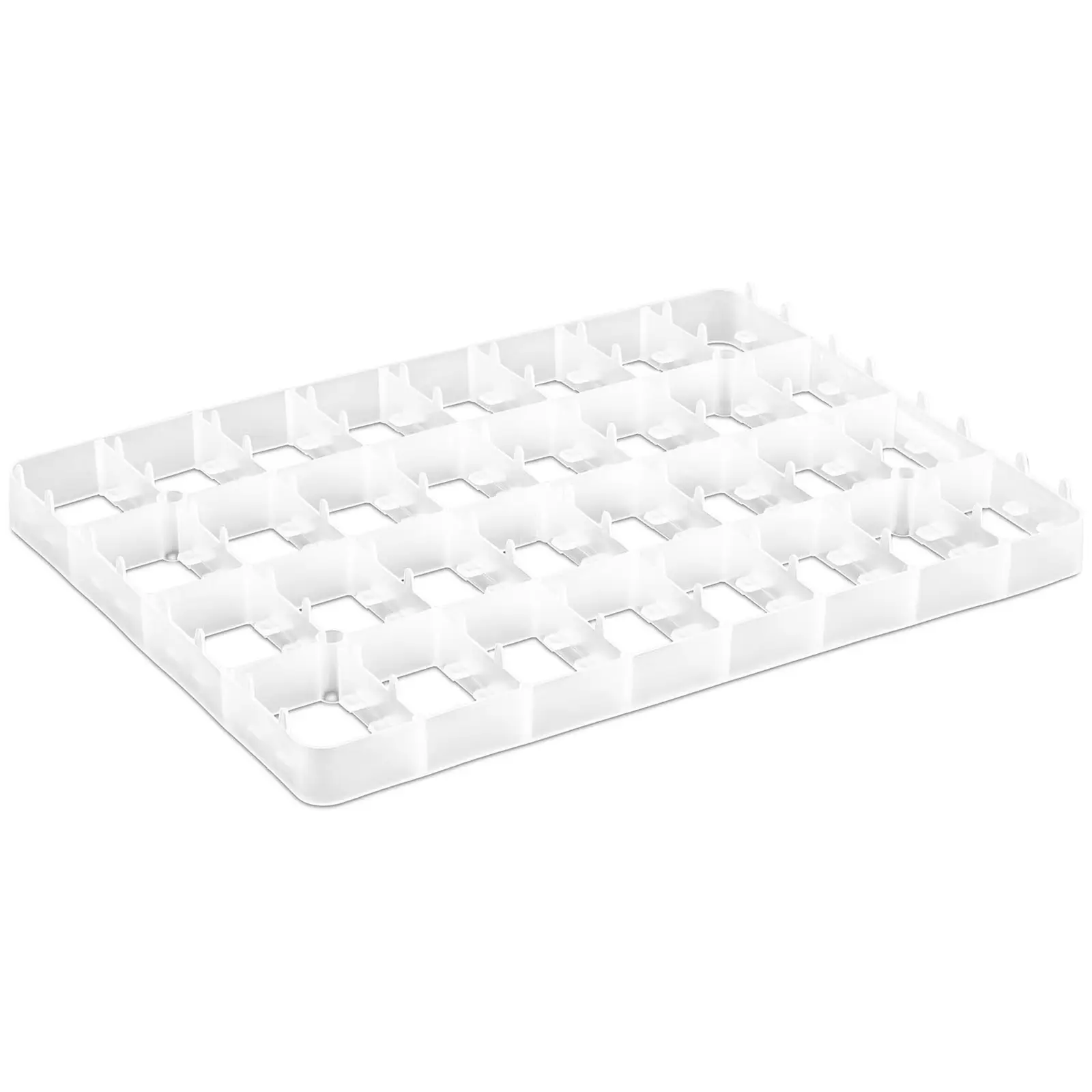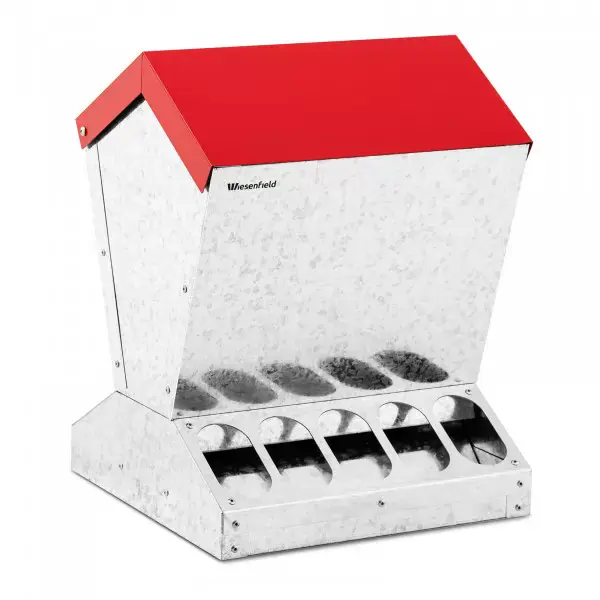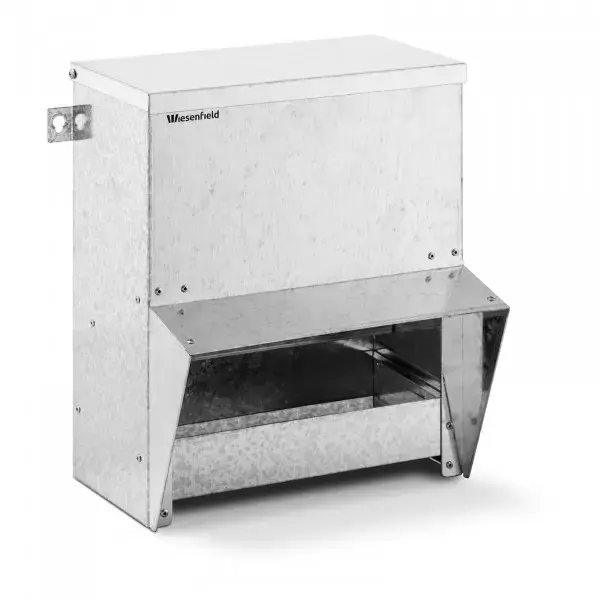Breeding your own chickens is a great way to ensure permanent access to fresh and healthy eggs and poultry. However, in order to do so, you should first ensure appropriate conditions for your flock. How can you build a chicken coop that meets all the requirements? What legal regulations and formalities should you follow?

Breeding your own chickens is a great way to ensure permanent access to fresh and healthy eggs and poultry. However, in order to do so, you should first ensure appropriate conditions for your flock. How can you build a chicken coop that meets all the requirements? What legal regulations and formalities should you follow?
Building a chicken coop – rules and regulations
Before you start any work on building your own chicken coop, you should do your homework regarding all applicable regulations for such projects. Although there are almost no laws that will stop the average chicken breeder from keeping a few birds in their back garden, there are a few things worth bearing in mind. For example take into account the legal status of the land on which you plan to build the coop.
Under the 1950 Allotment Act you are allowed to keeping hens on your allotment, as long as they are only for the use of the tenants and not for business or profit. As with any animal, domestic or wild, cruelty to animals is illegal. With chickens you are required to provide adequate housing, food, water and care. Adequate housing is defined as housing that allows them to exhibit their normal behaviours (roosting, nesting, scratching and living in groups) and care can be understood as making sure your chickens’ health is well looked after.
Occasionally there will be restrictions on a property or local area that bans the keeping of poultry. Check with your local council or property deeds if you suspect this may apply to you. Local cleanliness and hygiene regulations are also something to keep in mind. Make sure you know them in case there are any important things you need to know.
But what about the construction of the chicken coop itself? According to the law, you do not need permission to keep chickens for private use. If you have over 50 birds then you will need to register your flock with DEFRA – information on registering your poultry can be found on their website. A chicken coop in your garden does not need to be a specific distance from any buildings.
However, make sure before starting off that it will not be a nuisance for your neighbours, as in such cases they could demand that it be removed. Written consent from your neighbours could be a good idea, as it will come in useful if they file a complaint in court. This mainly concerns the potential smell and noise.
Construction of a chicken coop for laying hens
Before starting the construction, check that the area on which it is to stand is not wet. Examine the groundwater level in order to assess this. If it does not exceed 1m, then you can go ahead and put your plans into action. Start off by pouring out the foundations, and then make sure the floor is appropriately levelled. A general recommendation is that it should be about 20 – 30 cm above ground level, allowing you to avoid excessive moisture.
The entrance to the coop is also extremely important. It should be facing east, protecting your hens from rain and draft. When building a coop for laying hens, don’t forget to make a window, which should also be of the right size and in the right place.
The window should not be smaller than 1/3 of the entire building area. Like the door, it should face east or south-east. This will ensure enough natural light inside, even in winter. This is important, because natural light is a source of vitamin D, which ensures an appropriate calcium and phosphorus balance for laying hens. Vitamin D is also bactericidal, so it’s worth following these rules to ensure delicious, wholesome eggs.
Now let’s take a look at the size of your chicken coop. This will depend on how many chickens you intend to keep in it. A general assumption is that there should be a maximum of two birds per 1 sqm. It is also worth building an aviary, as on warm days the hens will spend most of their time outside. The internal walls should be smooth, making them easier to clean. All kinds of structures should be made of wooden planks, between which Styrofoam can be used to provide effective insulation.
Planks will also be useful for the roof structure, although you could also use tiles or PVC sheets for this purpose. Under no circumstances should any type of sheet metal be used. This would extensively heat up in summer and significantly cool down in winter.
Building a chicken coop – overall costs
When analysing how to build your chicken coop, one of the aspects you should consider will definitely be the cost. Of course the answer here is not straightforward and depends on a lot of factors. Try preparing the cost estimate yourself, taking into account all design aspects, as well as interior equipment. The key elements to remember are: proper lighting provided by one 3W bulb per square metre, as well as feeders, drinkers, nests and perches.
Building a chicken coop in your garden
Now that you have some basic knowledge on the topic, let’s move on to the next aspects related to the construction of a chicken coop in your garden. The first thing to remember is proper ventilation. A lack of ventilation could lead to excessive accumulation of ammonia, which would cause various diseases for the chickens, such as respiratory system problems, eye diseases or leg inflammation. To avoid this, equip your hen house with ventilation flaps or latches.
As ammonia accumulates mainly under the ceiling, the above mentioned flaps and latches should be installed in the upper part of the walls. However, remember a basic rule – the air supply flap should be on the front wall, and the extraction one on the rear wall, but slightly higher than the supply one. This will help avoid drafts, which would definitely not be good for your chickens.
Also remember about basic protection against various types of predators. You should be able to tightly close the doors and windows, and the ventilation system should not allow any other animals to get inside. Fine-wire mesh can be used for this.
The type of bedding used for the floor is also extremely important. It has a huge impact on the health of the chickens, and if too wet, it will harden significantly without absorbing gases. Good quality bedding will not harden, for example in winter, letting fermentation take place. This produces heat, and with it vitamin B, which will be very beneficial for your chickens. Wood shavings and straw are considered to be the best bedding material.
How to build a chicken coop on a plot of land
Even if you cannot build a hen house in your garden, for example if you live in a block of flats, you can still raise chickens. However, you will need a plot of land in order to do so. The general rules for building a chicken coop on a plot of land do not differ from those for building one in your garden. However, if the plot of land is located at a long distance from your home, you absolutely must build an aviary, which will guarantee the safety of your hens.
The aviary will protect them against potential attacks not only from wild animals, but also cats and dogs. When designing the aviary, remember that the mesh size should not exceed 1.5 – 2.5 cm. This will additionally prevent other birds from entering, which could spread germs and viruses that would be harmful to your hens. The mesh itself should be tough, durable and tear-resistant. Also try to make sure that you choose a spot that is sheltered from the wind.
Building a chicken coop – summary
If you want to start breeding hens you should first of all consider if you are able to provide them the necessary conditions. A well-planned hen house, ensuring the safety, comfort and health of the chickens, will result in high quality eggs, and will also allow for sustainable breeding. With the latter aspect in mind, you might want to consider getting an egg incubator to help with the hatching process. You can also learn how to build your own egg incubator! Before starting to breed hens, consider all legal aspects related to running and constructing a chicken coop. We recommend you also check out our guide on how to incubate chicken and goose eggs. Good luck!














Share